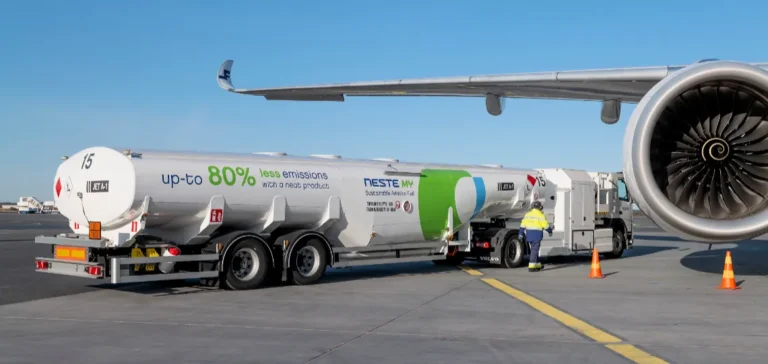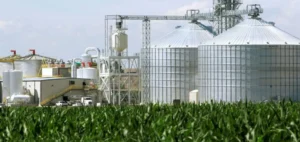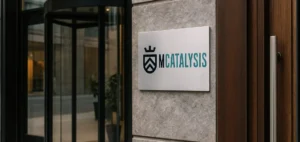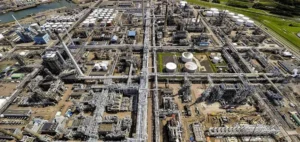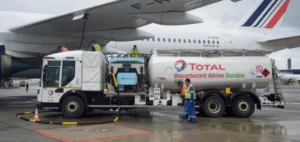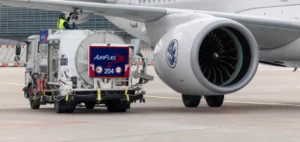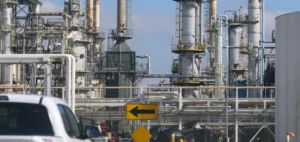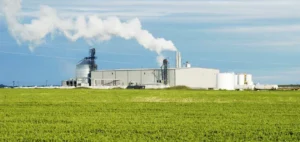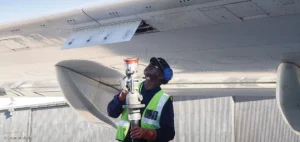Airbus Singapore has signed a partnership with Bogor Agricultural University (Institut Pertanian Bogor, IPB) in Indonesia to develop sustainable aviation fuel (SAF) from biomass. The project envisions an annual production capacity of up to 100 million tonnes, using agricultural residues, wood, and plant waste. This initiative comes in a context where the SAF industry still largely relies on limited sources such as used cooking oil and low-grade vegetable oils.
Massive supply potential
According to Meika Syahbana Rusli, Director of the Surfactant and Bioenergy Research Centre (SBRC) at IPB, Indonesia could supply up to 500 million tonnes of biomass annually, five times Airbus’ needs. Most of the supply would come from empty palm fruit bunches in Sumatra and Kalimantan, as well as large volumes of rice straw in Java. Large-scale deployment remains hindered by logistical constraints, the absence of a clear regulatory framework, and limited industrial processing capacity.
Infrastructure and environmental risks
Biomass production and consumption, particularly in the form of wood pellets and woodchips, are on the rise. NGO Auriga Nusantara has reported that nearly 10,000 hectares of forest were cleared between 2020 and 2024 to meet demand, increasing pressure on habitats of endangered species such as the Sumatran and Bornean orangutans. These figures highlight the need for industry players to balance supply with the preservation of forested areas.
Pertamina’s growing role in SAF
State-owned Kilang Pertamina Internasional (KPI) began producing SAF from used cooking oil at its Cilacap refinery in July 2025. This project, launched in 2020 with the production of Bioavtur J2.4 from palm kernel oil, has already been tested on both military and commercial flights. KPI plans to expand the process to its Dumai and Balongan refineries.
The Indonesian Ministry of Energy aims for a 1% vegetable oil blend in biofuels by 2027 to reduce oil imports. The International Air Transport Association (IATA) sees SAF as a central element in achieving carbon neutrality in the aviation sector by 2050, urging governments to support scaling up production.


